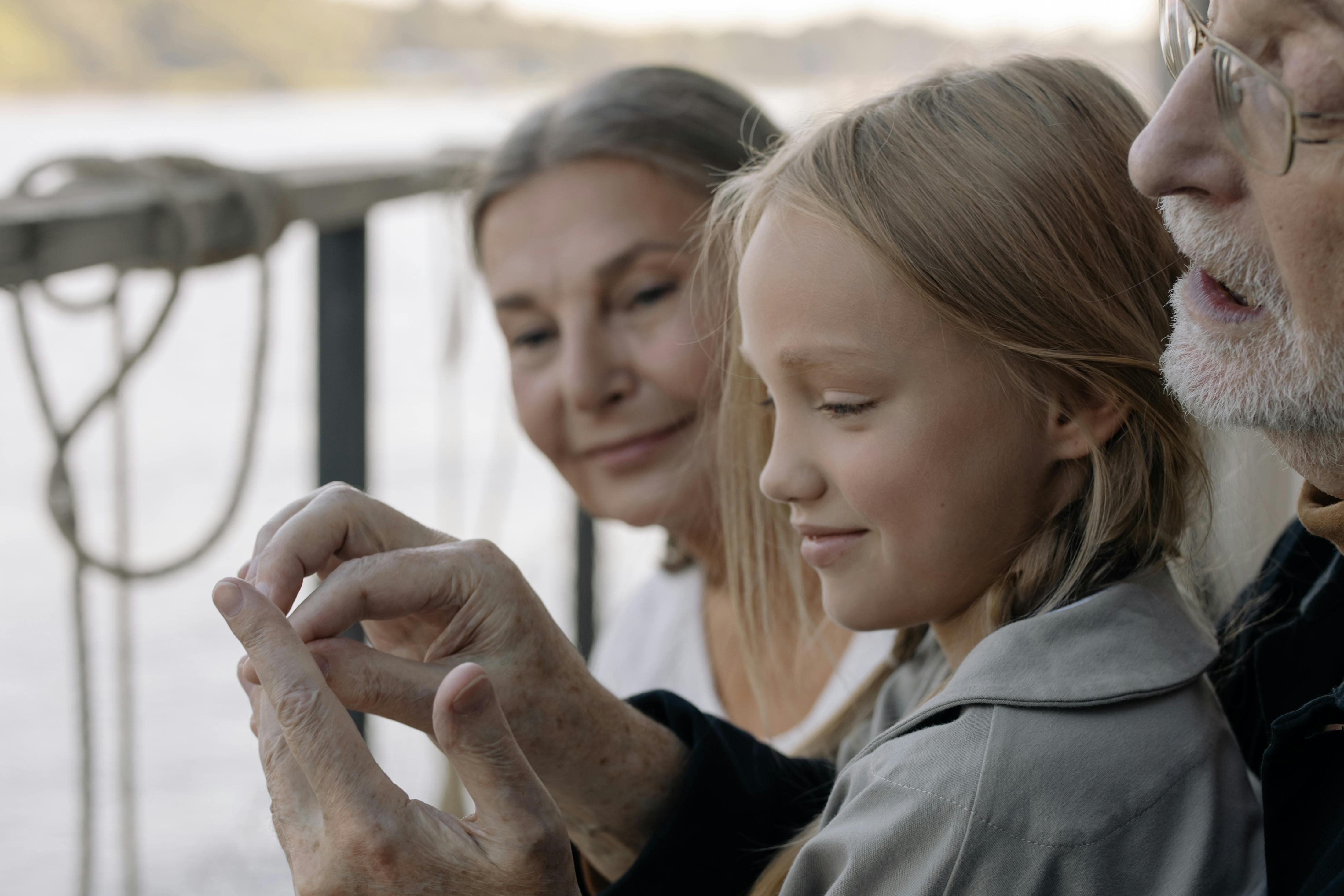To keep people with dementia safer and help stop nighttime wandering, experts suggest a mix of practical ideas that focus on securing doors, improving lighting, cutting down triggers, and using helpful technology.
Start with doors and windows. Install locks that are out of sight and harder to open, like deadbolts placed high or low. Keep keys close for caregivers but out of the person’s reach.
Cover doorknobs with cloth that matches the door or use safety covers to make them blend in. You can paint doors the same color as the walls or hang a curtain to hide them. Putting STOP or DO NOT ENTER signs on doors can help remind them not to open them.
Alarms can make a big difference. Use door alarms or bells that sound when someone opens a door. Pressure mats near doors or beds can alert you if they move around. Smart home systems can turn on gentle lights, play calming voice reminders, or send alerts if a door is opened at night.
Keep yards or patios fenced and gates locked to stop unsupervised wandering. Indoors, use safety gates or bright netting to block stairs or exits.
Use good lighting everywhere. Put night lights or motion lights in hallways, bathrooms, and bedrooms so they feel less lost in the dark. Label doors with signs or pictures to help them know where they are. Using colors that stand out on doors, steps, and light switches can make it easier for them to see things clearly.
Hide things that make them want to go out, like shoes, keys, coats, or wallets. Keep the house calm at night. Too much noise or bright light can upset them. A steady daily routine with daytime activity helps them rest better at night.
Keep paths clear. Pick up clutter, fix loose rugs, and hide cords to prevent trips and falls. Lock up sharp or dangerous items like cleaning supplies, knives, or medications.
If they do go outside, dress them in bright clothes so they’re easier to spot. A GPS tracker or radio tag can help find them quickly if they wander far. Let neighbors know about their condition so they can help if needed.
Putting all these tips together can really help lower the risk of nighttime wandering, keep your loved one safer, and give caregivers peace of mind knowing they’ll be alerted if something happens.





